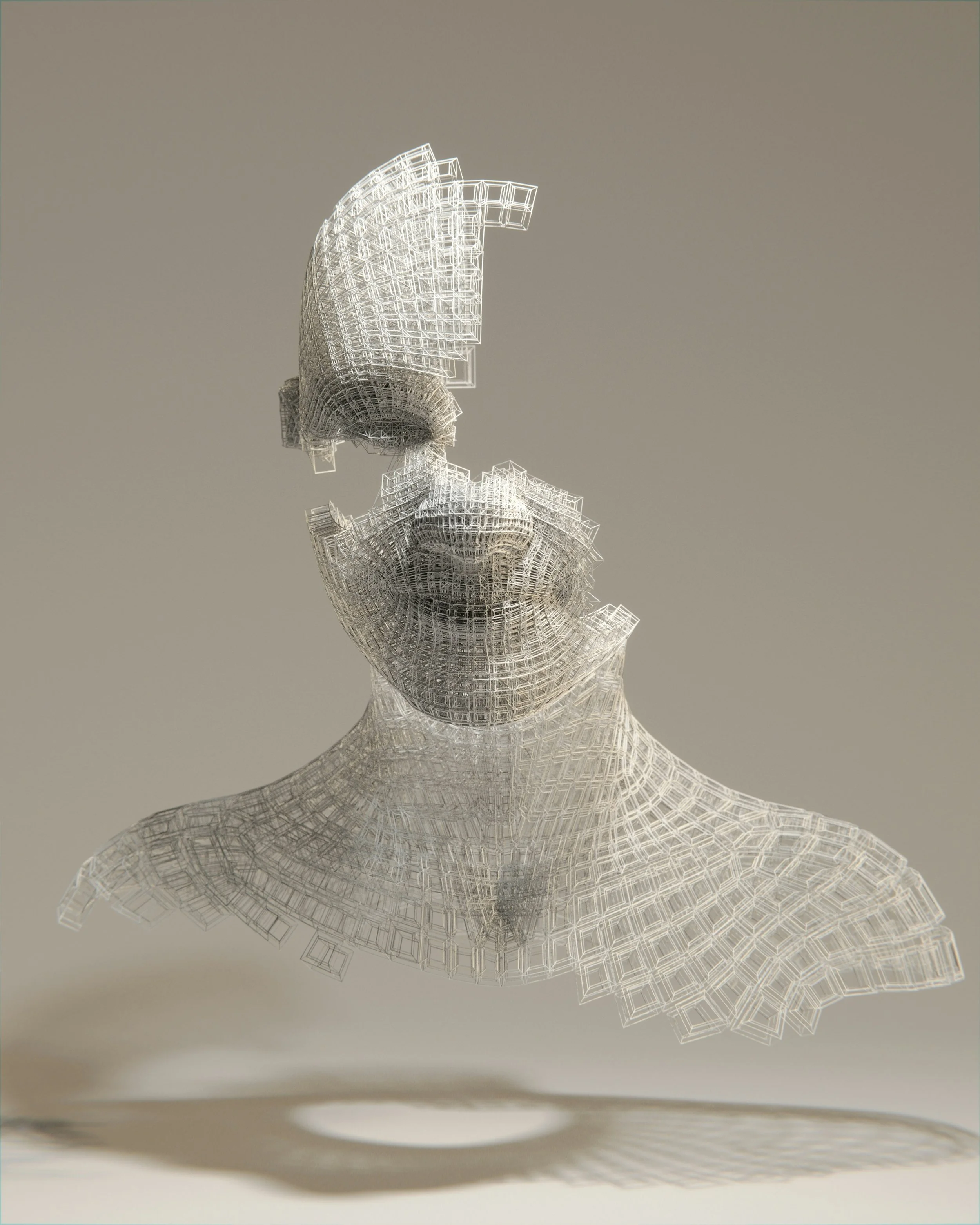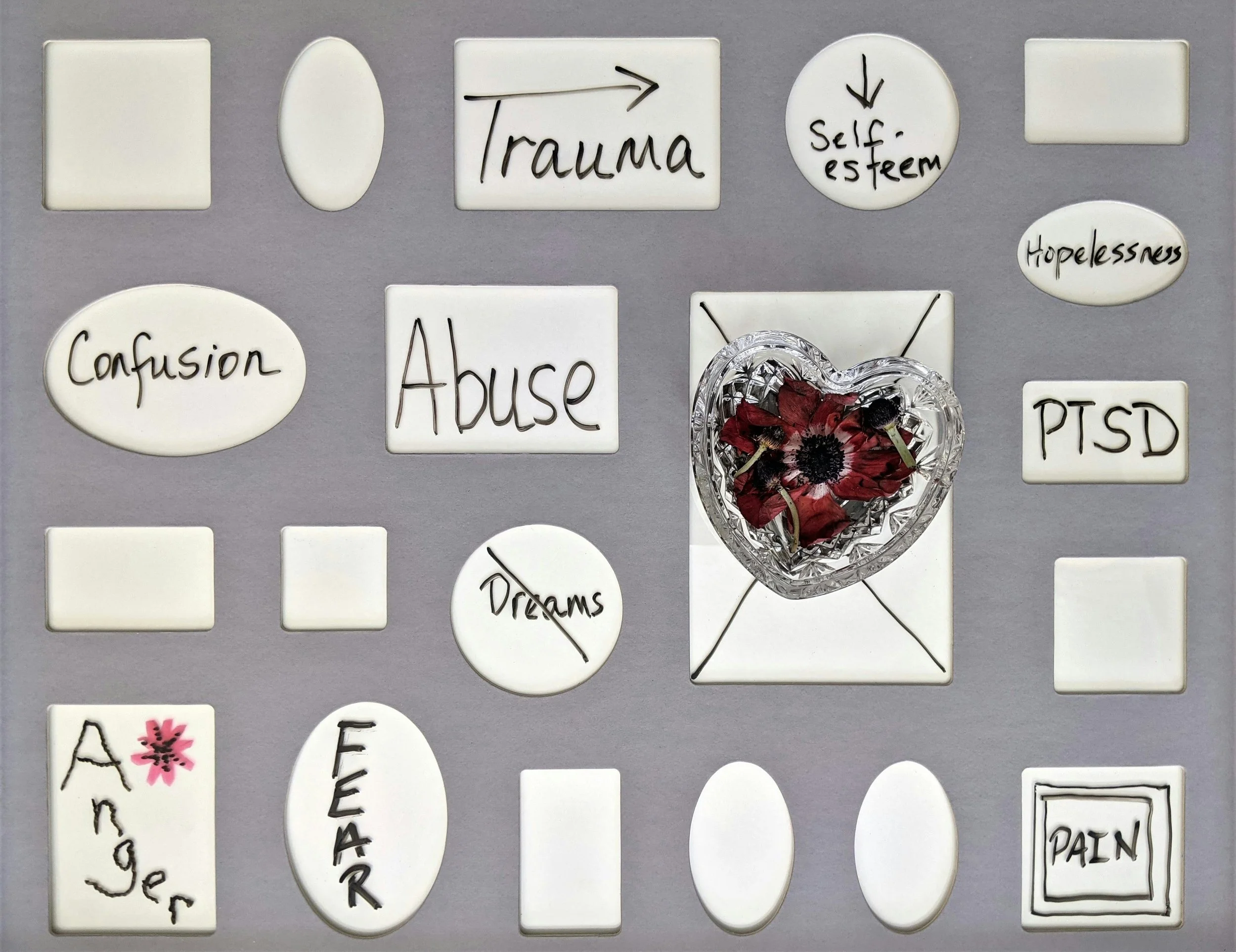
Healing starts with being heard
You don’t have to face things alone:
Dr Laura Bolger
Hello, I’m Dr Laura Bolger, a Forensic Psychologist registered with the HCPC, based in Chislehurst, South-East London. I offer trauma-focused therapy for those who are struggling with the impact of difficult or overwhelming experiences. My approach combines professional expertise with warmth, empathy, and genuine connection — helping you feel safe, understood, and supported as you work through what’s been holding you back.
Whether you’re feeling stuck, anxious, or unsure where to begin, therapy can provide a space to explore your experiences at your own pace and find a clearer sense of self and direction.
If you’re ready to take the next step or simply want to learn more about how I work, I’d be glad to hear from you
I’ve spent over a decade supporting people to understand themselves more deeply and heal from painful experiences.
My work has taken me from the Metropolitan Police Service to high secure prison settings and community mental health services, where I’ve helped people facing complex trauma, relationship difficulties and emotional struggles.
In my private practice, I offer a safe, compassionate and collaborative space to explore what’s been holding you back, strengthen your sense of self, and move towards lasting change. My approach draws on Schema Therapy and EMDR, shaped by years of working with people whose trust and courage have deeply influenced my practice.
Do you ever feel caught in the same painful patterns, no matter how much you want things to change?
Sometimes, the way we learned to cope with pain or disconnection in the past can continue to shape how we see ourselves and the world around us today. The beliefs and patterns that once helped us survive can start to feel restrictive or self-defeating, keeping us stuck in familiar emotional or relational struggles that echo old wounds.
Therapy can help you begin to understand these patterns with compassion — to see where they came from, how they’ve protected you, and how you can begin to move beyond them.
These experiences can take many forms. Below, you can explore some of the ways they might appear, and how I work with each to support healing and change.
-
Traumatic experiences can affect people in many different ways. For some, distress eases naturally over time, but for others, memories of what happened can become “stuck,” leading to ongoing symptoms such as flashbacks, nightmares, or heightened anxiety. When these symptoms persist, they may reach the threshold for Post-Traumatic Stress Disorder (PTSD).
Some people have also experienced repeated or ongoing trauma, often beginning in childhood. This is known as Complex PTSD (C-PTSD) and can involve difficulties with emotional regulation, self-worth, and relationships. Therapy can help process traumatic memories safely, reducing their emotional intensity and allowing healing to take place.
-
Addiction can be understood as losing control over a behaviour or substance to the point that it becomes harmful. Addictive patterns might involve alcohol use, comfort eating, gambling, over-exercise, compulsive sexual behaviour, or excessive use of pornography.
These behaviours often begin as ways to manage emotional pain or unmet needs for comfort and connection. Over time, however, they tend to deepen feelings of shame, isolation, and disconnection. Therapy can help uncover the underlying emotional drivers of addiction and support the development of healthier, more fulfilling ways of coping
-
Emotional overwhelm occurs when feelings and thoughts become so intense that they feel impossible to manage. It can interfere with concentration, decision-making, and daily life.
You may notice exaggerated reactions, difficulty focusing, or physical symptoms such as headaches and exhaustion. Overwhelm often arises during times of high stress, trauma, or major change — and can build gradually when demands exceed emotional resources. Therapy provides space to slow down, understand what’s happening beneath the surface, and develop strategies to restore balance.
-
Personality difficulties involve enduring patterns in the way someone thinks, feels, and relates to others that can lead to distress or challenges in daily life. These patterns often develop as coping strategies in early life but can later cause problems with relationships, emotional regulation, or self-esteem.
Therapy can help increase self-understanding, develop new ways of relating, and build a more stable sense of identity and self-worth.
-
Depression affects how we think, feel, and function day to day. It often brings feelings of emptiness, hopelessness, or loss of interest in things that once felt meaningful. At times, this emotional pain can feel so overwhelming that thoughts of not wanting to be here — or of ending life — may arise.
You might find yourself withdrawing from others, struggling with motivation, or believing things will never improve. If you’re feeling this way, it’s important to reach out for support — help is available, and you do not have to face this alone.
If you are in crisis or need immediate help, you can contact Samaritans on 116 123 or access NHS urgent mental health support.
-
Low self-esteem and shame can deeply shape how we see ourselves and how we connect with others. You might feel unworthy, inadequate, or as though you are constantly falling short. These feelings often stem from early experiences where your emotions were not understood or valued, or from later experiences of trauma or criticism.
You may notice an inner critic that is hard to silence or find it difficult to accept kindness or praise. Therapy can help you understand the roots of these beliefs, soften self-criticism, and rebuild a more compassionate view of yourself.
-
Some people struggle with behaviours that cause harm to themselves or others, such as aggression, self-harm, controlling patterns in relationships, online offending, or excessive risk-taking. These behaviours often emerge as ways of coping with unmet emotional needs or past adversity.
You may feel out of control, regretful, or fearful of the consequences afterwards. Therapy provides a non-judgemental space to understand what drives these actions and to develop safer, healthier ways to meet underlying emotional needs.
-
Relational difficulties involve ongoing challenges in forming or maintaining fulfilling, healthy connections with others. They often stem from early attachment experiences, difficulties with trust or vulnerability, or patterns of communication that lead to misunderstanding or distance.
You may find yourself feeling disconnected, unseen, or repeating familiar relationship dynamics. Therapy can help identify these patterns, build insight into your attachment style, and develop more secure and satisfying relationships.
-
Anger is a natural and important emotion that can alert us when boundaries are crossed, or something feels unfair. For some, however, anger becomes difficult to manage — surfacing too intensely or too often and affecting health or relationships.
Anger can also mask other emotions such as fear, sadness, or shame. When it becomes a way of coping with vulnerability, it can lead to frustration, isolation, or conflict. Therapy helps uncover the emotions beneath anger and supports learning to express needs and boundaries in calmer, more constructive ways.
Finding understanding in connection.
In therapy, I can help you explore your difficulties at a deeper level. Together, we’ll make links between your past and present to understand how early experiences have shaped your current thoughts, feelings, and relationships.
By uncovering the ‘why’ behind these patterns, we can begin to see them not as personal flaws, but as understandable ways of coping with the circumstances you grew up in. With greater compassion, we can identify the unmet emotional needs driving these patterns and develop new, healthier ways to meet those needs.
Within the safety of a genuine therapeutic relationship, you’ll also have the opportunity to experience yourself differently — to build trust, connection, and a more secure sense of who you are. This can be a powerful step towards meaningful and lasting change.
A personalised approach to therapy
I believe therapy should be as individual as you are. Recognising that you are the expert on your own experiences, I work collaboratively with you to make sense of your difficulties and strengths. Using a tailored psychological framework, we explore what’s underlying your challenges and identify ways to create lasting, meaningful change.
-

Schema Therapy
-

EMDR
-

Blue Light Support
-

Bespoke Therapy
I also offer a range of psychological services including bespoke psychological assessment, expert witness services and consultancy to individuals and organisations.
I’m Here When You’re Ready.
My consulting room is based in Chislehurst, South-East London, where I offer face-to-face therapy every Monday. I also provide online sessions with greater flexibility, so you can choose the format that best fits your life and needs.
If you’d like to explore whether therapy with me feels like the right fit, I offer a free 15-minute consultation — a chance for us to talk about what’s been happening for you and how I might be able to help.
You can also learn more about my clinical experience and therapeutic approach to get a sense of how I work and the values that guide my practice



